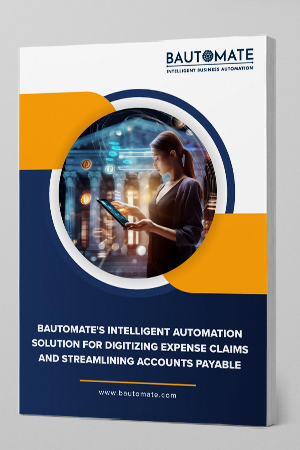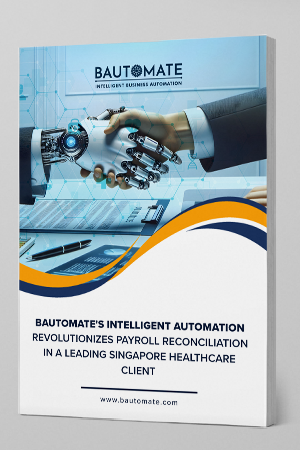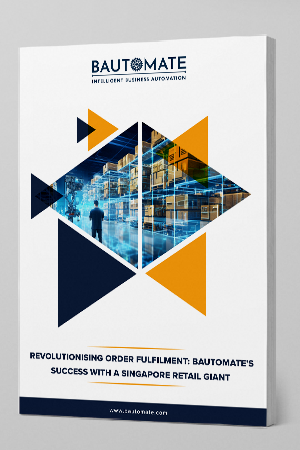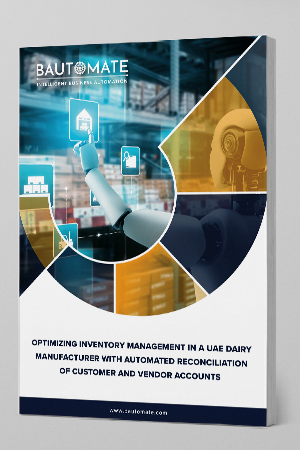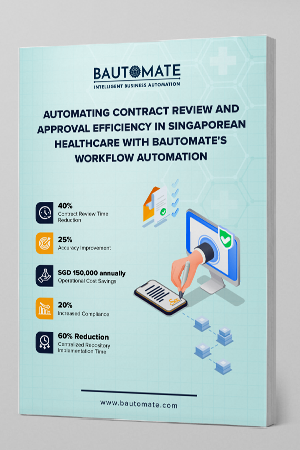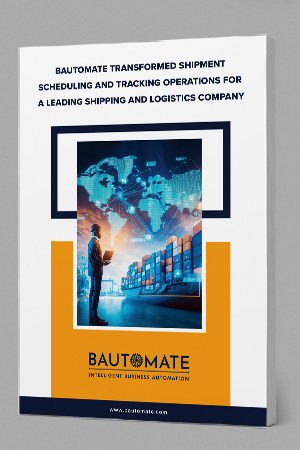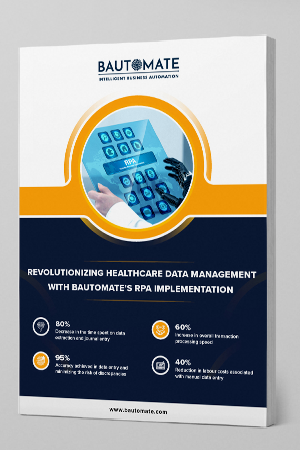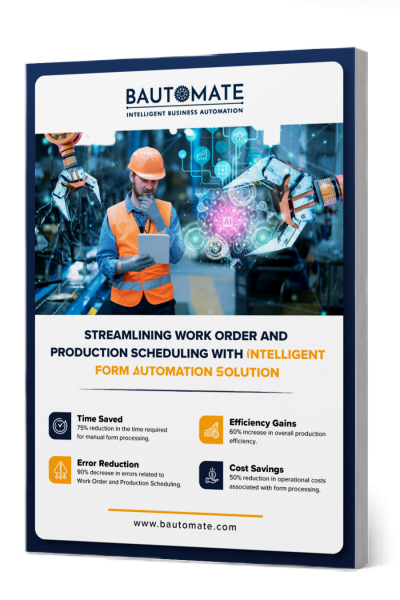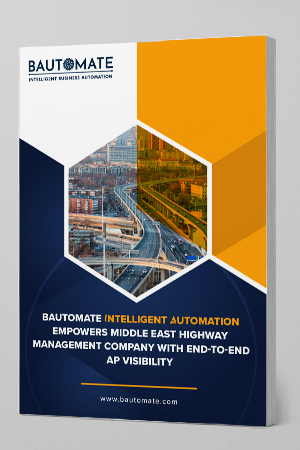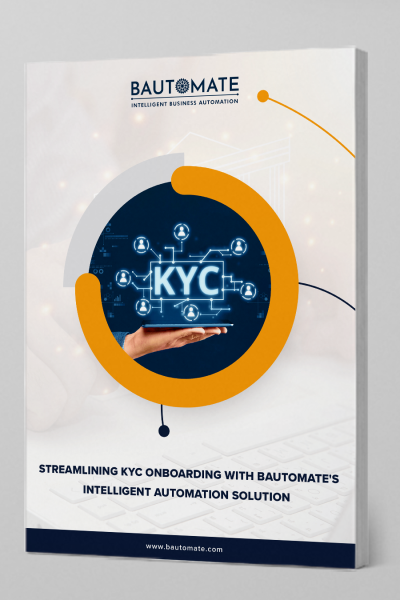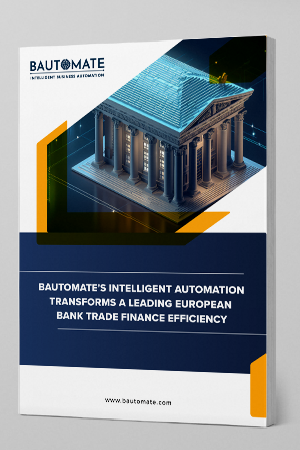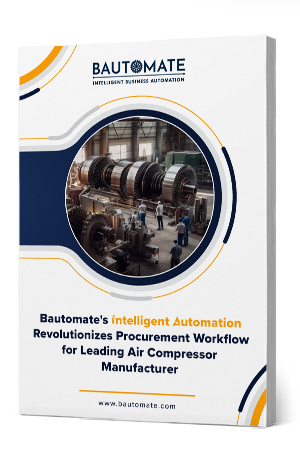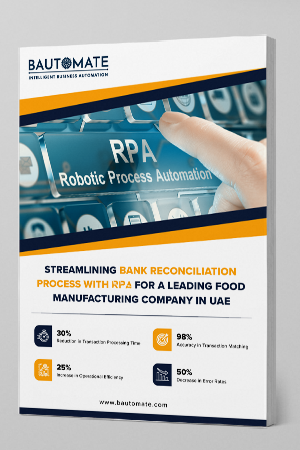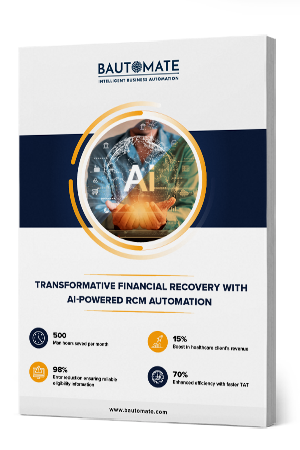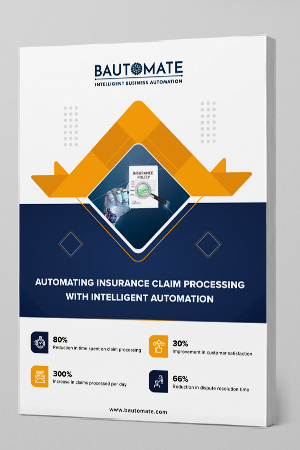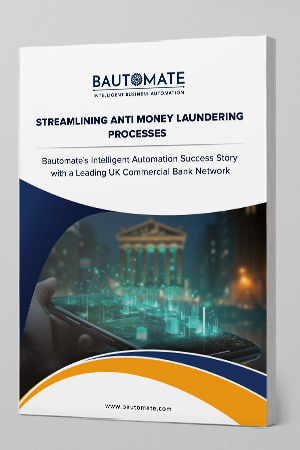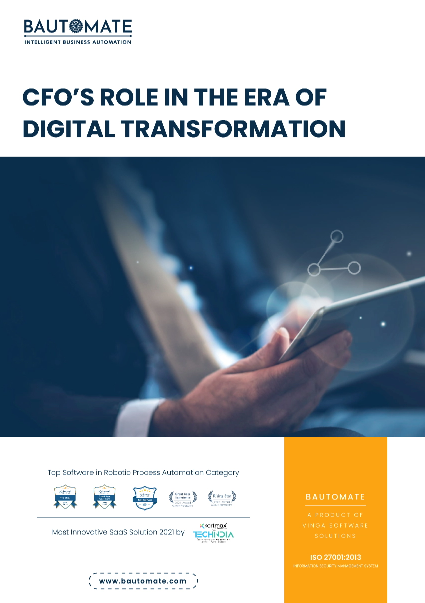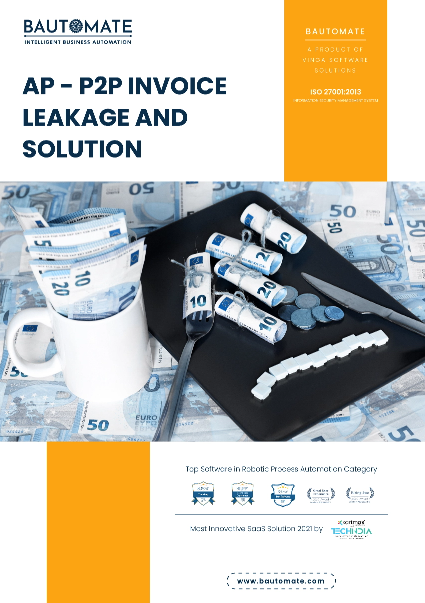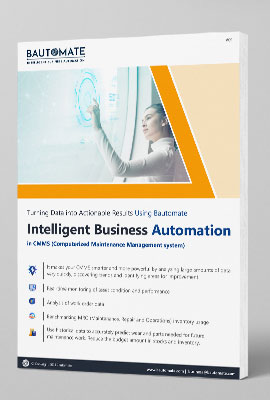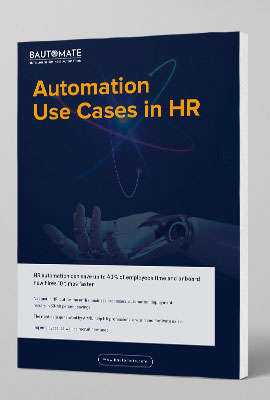
The risk of fraud and forgery is significant in today’s digital environment, where every click and transaction leaves a digital trace. The stakes are high, with global organizations losing an alarming 5% of annual revenues to fraud, according to the Association of Certified Fraud Examiners. This equates to trillions of dollars, emphasizing the urgency for robust anti-fraud measures. Here’s where Robotic Process Automation (RPA) emerges as a powerful ally in the fight against fraud and forgery, offering innovative solutions to detect and prevent illicit activities – it can reduce fraud detection time by up to 60%, according to a study by Deloitte. This not only saves resources but also minimizes the financial impact of fraud on businesses. Explore the pivotal role of RPA in detecting and preventing fraud, by empowering businesses to safeguard their assets and integrity.
Understanding the Threat
Forgery and fraud come in various forms, from identity theft to financial manipulation, creating a complex threat landscape for businesses. Traditional methods of fraud detection often fall short due to their reactive nature, responding to incidents after they occur. Manual processes and legacy systems are susceptible to human error, making it imperative for organizations to adopt advanced technologies like RPA. RPA, however, takes a proactive approach, leveraging automation to continuously monitor and analyze vast amounts of data in real-time.
Key Role of RPA in Fraud Detection
Data Analysis and Pattern Recognition:
RPA systems excel at processing large datasets and identifying patterns that may indicate fraudulent activities. By analyzing transactional data, user behaviors, and historical trends, RPA can swiftly identify anomalies or deviations from the norm, triggering immediate alerts for further investigation.
Transaction Monitoring and Compliance:
RPA can be programmed to monitor transactions and ensure compliance with established regulations. By automating routine checks and audits, RPA helps organizations maintain regulatory compliance and promptly detect any discrepancies that may point to fraudulent behavior.
Identity Verification:
Identity theft is a prevalent form of fraud, and RPA can play a crucial role in identity verification processes. By automating document verification, facial recognition, and other authentication methods, RPA enhances the accuracy and efficiency of identity checks, minimizing the risk of unauthorized access.
Alert Generation and Escalation:
RPA systems are equipped to generate real-time alerts when suspicious activities are detected. These alerts can be customized based on predefined rules and thresholds. Additionally, RPA can automate the escalation process, ensuring that the appropriate personnel are notified promptly to take necessary actions.
Integration with AI and Machine Learning:
RPA can be seamlessly integrated with advanced technologies like artificial intelligence (AI) and machine learning (ML). This integration enhances the system’s ability to learn and adapt to evolving fraud patterns, making it more resilient against sophisticated and evolving fraudulent tactics.
Enhanced Efficiency and Cost Savings:
Traditional fraud detection methods often involve manual reviews and extensive paperwork, leading to delays and increased operational costs. RPA streamlines these processes, reducing the time required for analysis and minimizing the chances of human error. This efficiency not only enhances fraud detection but also results in significant cost savings for organizations.
Business Processes Most Impacted by Fraud
Financial Transactions:
Financial transactions are prime targets for fraudsters. From unauthorized access to account information to deceptive fund transfers, the financial sector bears a significant risk. RPA plays a crucial role in automating transaction monitoring, and rapidly identifying anomalies and potential fraud in real-time.
Invoice and Payment Processing:
Fraudulent activities often exploit weaknesses in invoice and payment processes. RPA excels in automating invoice workflows, validating invoices against predefined criteria, and cross-referencing payment details to ensure accuracy and legitimacy.
Employee Onboarding and Offboarding:
Identity theft and fraudulent employment records can have severe consequences. RPA streamlines the employee onboarding and offboarding processes, ensuring that only legitimate individuals gain access to sensitive company information.
Customer Identity Verification:
Fraudsters often target customer accounts, creating fake identities or stealing personal information. RPA automates identity verification processes, flagging suspicious activities and enhancing the accuracy of customer due diligence.
In the relentless battle against fraud, organizations must equip themselves with powerful RPA tools like Bautomate that can adapt to the ever-changing landscape of deceptive tactics. Bautomate’s RPA solution, with its advanced analytics, customizable workflows, and seamless integration capabilities, stands at the forefront of this technological revolution. By embracing the power of RPA, businesses can not only detect and prevent fraud effectively but also achieve operational excellence in the face of evolving threats. Contact our RPA experts to get started today!




